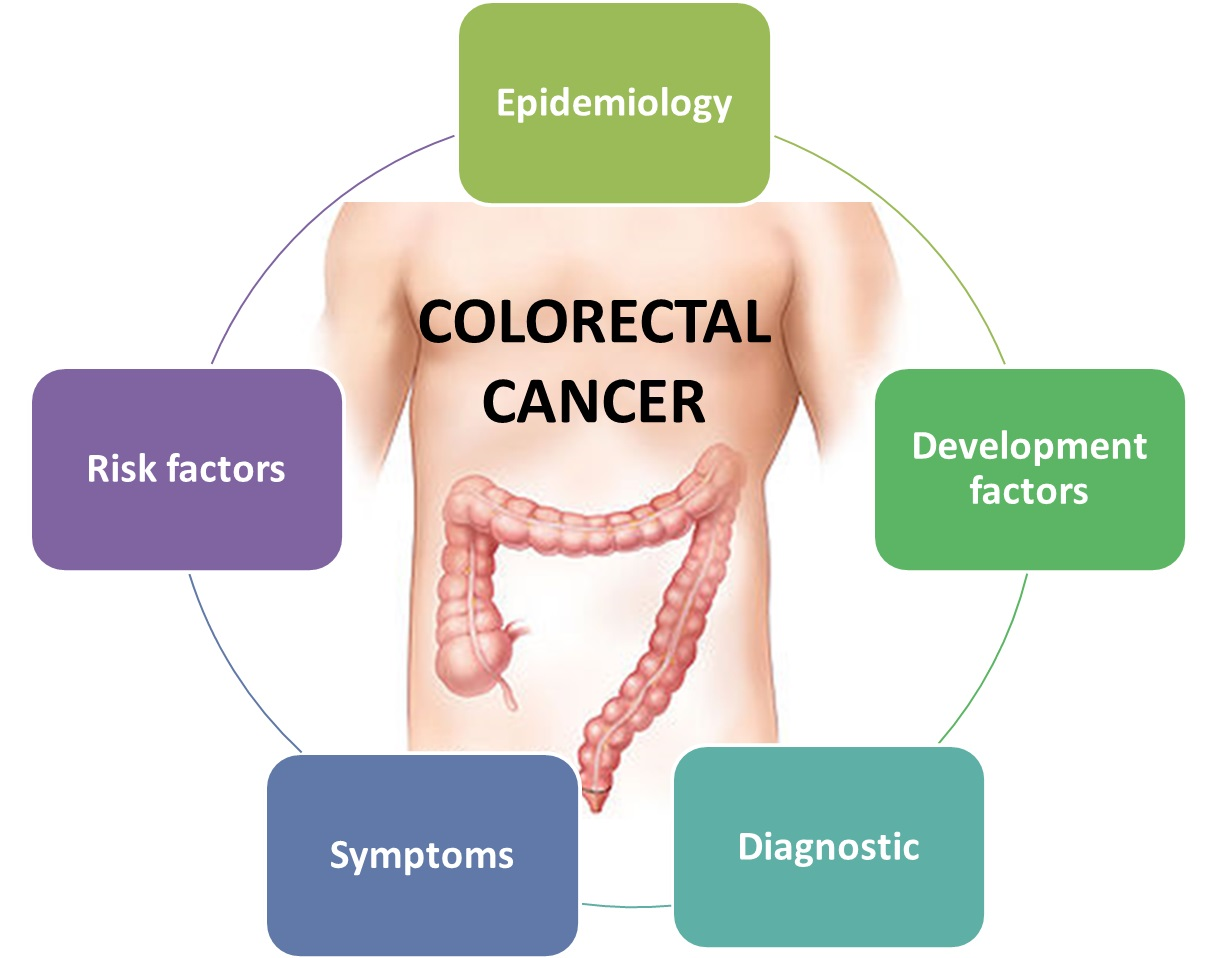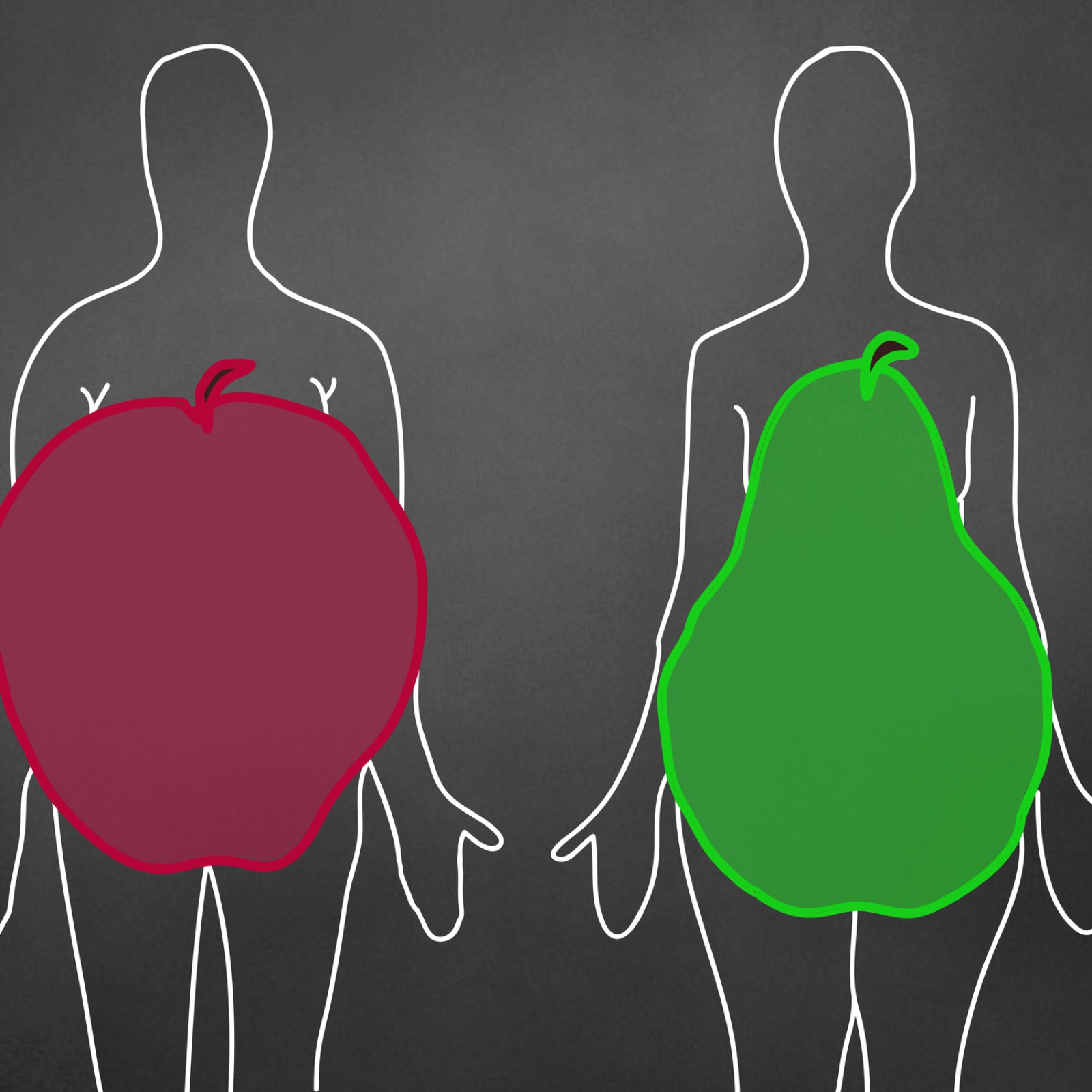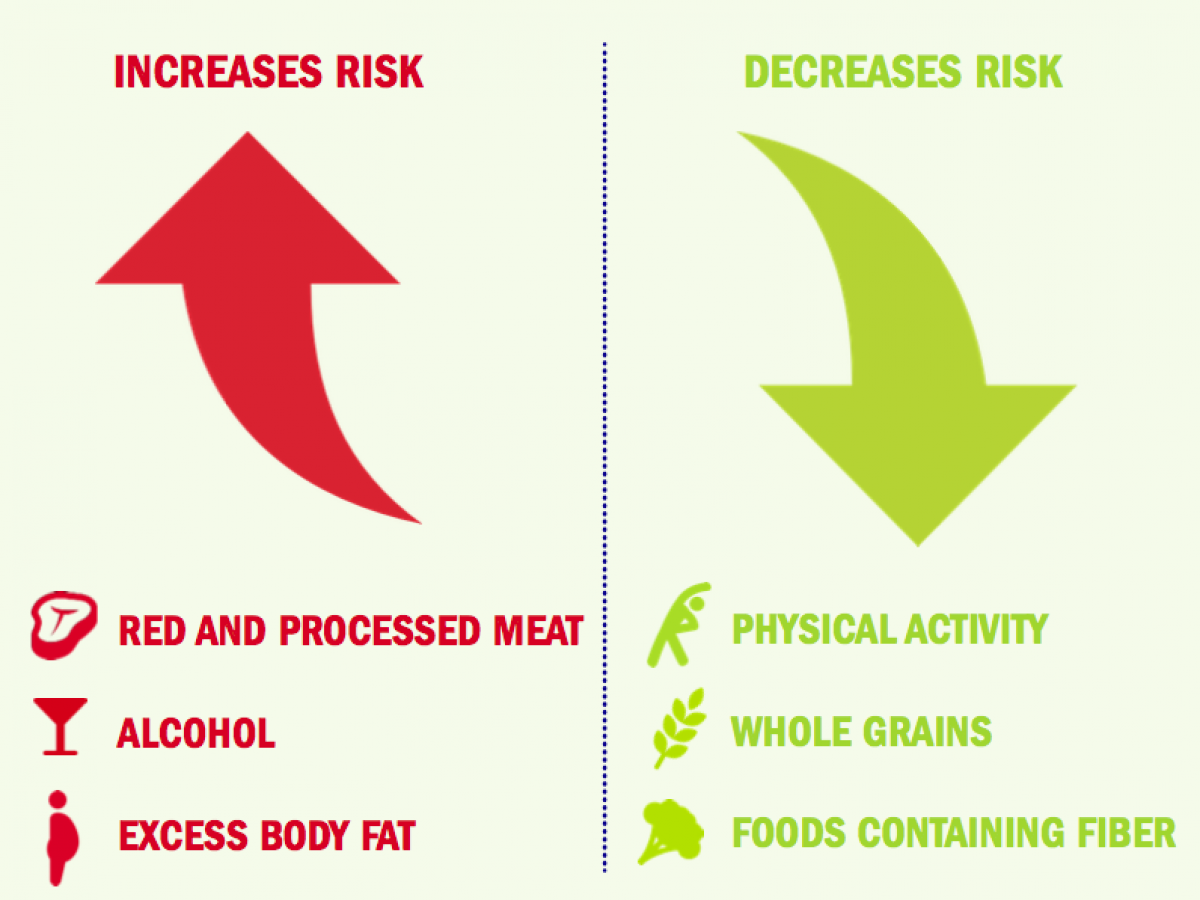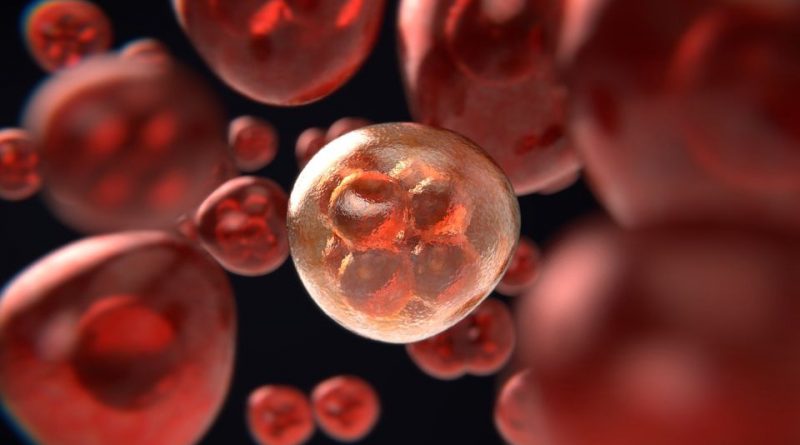Unraveling the Link Between Body Shape and Colorectal Cancer Risk
Reported by Deeksha
Researchers have uncovered fascinating insights into the relationship between body shape and the risk of colorectal cancer, shedding light on a topic that affects people across different ancestries.

A recent study, published in Science Advances, examined data from over 300,000 participants with diverse backgrounds, including Caucasian, African, Asian, and Chinese ancestries. The findings revealed a clear connection between certain body phenotypes and the likelihood of developing colorectal cancer.

By categorizing individuals into four groups based on their body shape, researchers identified distinct patterns. These groups ranged from generally obese to tall individuals with varying fat distribution. Surprisingly, individuals with centrally obese body shapes, regardless of their height or ancestry, exhibited a higher risk of colorectal cancer.
One key takeaway from the study was the importance of considering not only body mass index (BMI) but also fat distribution when assessing cancer risk. Traditional metrics like BMI may overlook variations in body shape that could impact health outcomes.

Further analysis delved into the genetic underpinnings of body shape and its association with cancer risk. By conducting a genome-wide association study, researchers identified genetic variants associated with different body shapes. These variants were found to influence gene expression in various tissues, offering insights into the biological mechanisms at play.
Additionally, the study explored the role of height in cancer risk, highlighting the need to consider factors beyond traditional metrics. While previous research has linked height to increased cancer risk, this study suggests that waist-to-height ratio may play a crucial role in understanding the relationship between body shape and colorectal cancer.
Moving forward, the research team aims to identify specific genes involved in shaping body types and their implications for cancer risk. By unraveling these mechanisms, they hope to pave the way for more targeted interventions and personalized approaches to cancer prevention.
This groundbreaking study not only deepens our understanding of the complex interplay between genetics, body shape, and cancer risk but also underscores the importance of inclusive research that encompasses diverse populations.


